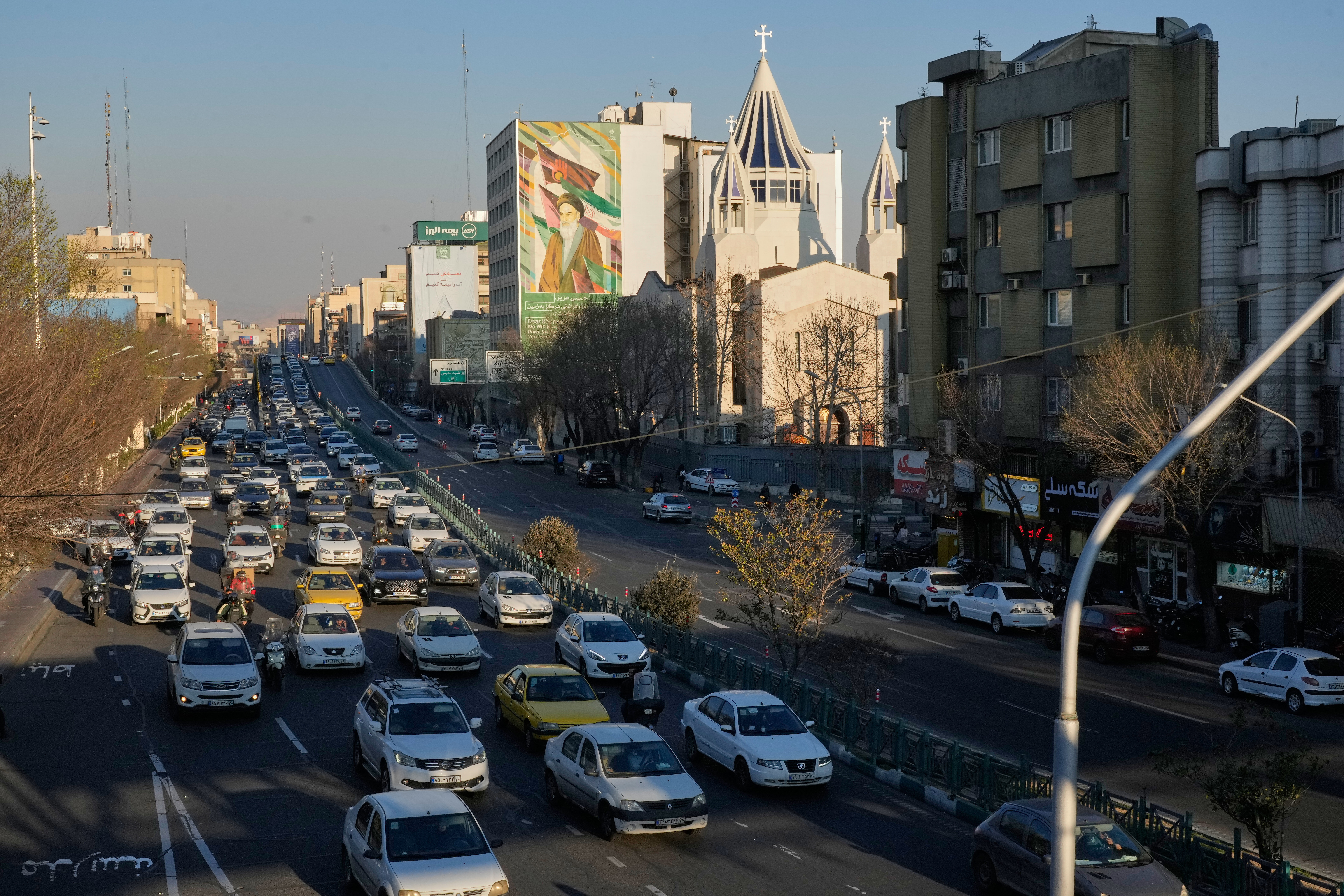Alabama has 5th highest U.S. gun death rate. A study blames weak laws, high ownership
A new study on gun death rates in the U.S. shows Gulf South states among the top five for the highest overall death rates for 2021, and it places the blame on weak gun laws and high rates of gun ownership.
The Violence Policy Center, a non-profit educational organization based in Washington D.C., used data from the Centers for Disease Control and Prevention for the study, which it has published every year since 2006.
The study ranked Mississippi first of all 50 states with a gun death rate of 32.61 per 100,000 people. Louisiana ranked second with a rate of 28.42 and Alabama ranked fifth with a rate of 26.09. Each of the three states also had some of the highest household gun ownership rates in the U.S., according to a study from the American Journal of Preventative Medicine, at 50.9%, 46.6% and 48.3% respectively.
The nationwide gun death rate in 2021, the study said, increased to 14.71 per 100,000 people, up from 13.73 per 100,000 people in 2020.
“America is facing an unprecedented gun violence crisis,” Kristen Rand, VPC’s government affairs director, said. “The evidence could not be more compelling that our spiraling gun death rates are driven by exposure to firearms.”
Josh Sugarmann, the center’s executive director, said he's rarely surprised by the results anymore, especially when it comes to the South.
“The fact is that these states have virtually no laws on a statewide level that go beyond federal gun law,” he said. “And there's a reason for that …they're pro-gun states.”
Sugarmann said the south’s outlook contrasts with states on the east coast that have significantly lower gun death rates and ownership rates. For example, Massachusetts, New York, New Jersey, and Rhode Island, rank in the bottom five.
Communities in Mississippi, Alabama and Louisiana that do want stronger gun laws are at the mercy of their state governments thanks to firearms preemption laws, meaning no city or community can pass a gun law tougher than what is in effect statewide.
Sugarmann believes another issue these states have is that they are in denial that they even have a gun problem, with some trying to segment gun death. However, VPC uses the CDC’s data to analyze the total number of gun deaths. That number includes homicides, suicides, and unintentional deaths.
This story was produced by the Gulf States Newsroom, a collaboration among Mississippi Public Broadcasting, WBHM in Alabama and WWNO and WRKF in Louisiana and NPR.
U.S. and Iran to hold a third round of nuclear talks in Geneva
Iran and the United States prepared to meet Thursday in Geneva for nuclear negotiations, as America has gathered a fleet of aircraft and warships to the Middle East to pressure Tehran into a deal.
FIFA’s Infantino confident Mexico can co-host World Cup despite cartel violence
FIFA President Gianni Infantino says he has "complete confidence" in Mexico as a World Cup co-host despite days of cartel violence in the country that has left at least 70 people dead.
Supreme Court appears split in tax foreclosure case
At issue is whether a county can seize homeowners' residence for unpaid property taxes and sell the house at auction for less than the homeowners would get if they put their home on the market themselves.
Top House Dem wants Justice Department to explain missing Trump-related Epstein files
After NPR reporting revealed dozens of pages of Epstein files related to President Trump appear to be missing from the public record, a top House Democrat wants to know why.
ICE won’t be at polling places this year, a Trump DHS official promises
In a call with top state voting officials, a Department of Homeland Security official stated unequivocally that immigration agents would not be patrolling polling places during this year's midterms.
Cubans from US killed after speedboat opens fire on island’s troops, Havana says
Cuba says the 10 passengers on a boat that opened fire on its soldiers were armed Cubans living in the U.S. who were trying to infiltrate the island and unleash terrorism. Secretary of State Marco Rubio says the U.S. is gathering its own information.







